European Commission priorities for 2024-2029. The view from Poland on energy and climate
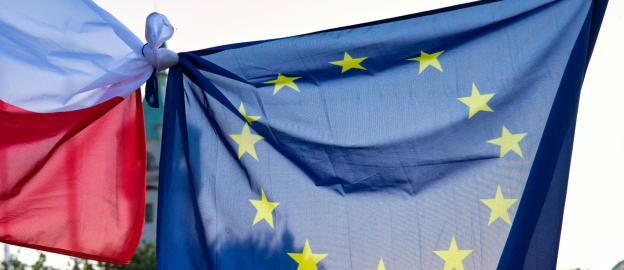
The upcoming European Parliament elections will open a new chapter in EU climate and energy policy. The new European Commission, which begins its 5-year term in the fall, will have to monitor the implementation of a wide range of files related to the ‘Fit for 55’ package and navigating the Union towards the 2050 goals by setting targets for 2040. It will also certainly propose a new political strategy, as the dynamics of the discussion in the EU is in a state of constant flux. From Poland’s perspective, what new priorities of the European Commission will be most important and gain support and interest?
Read More
European Commission priorities for 2024-2029. The view from Poland on energy and climate
The upcoming European Parliament elections will open a new chapter in EU climate and energy policy. The new European Commission, which begins its 5-year term in the fall, will have to monitor the implementation of a wide range of files related to the ‘Fit for 55’ package and navigating the Union towards the 2050 goals by setting targets for 2040. It will also certainly propose a new political strategy, as the dynamics of the discussion in the EU is in a state of constant flux. From Poland’s perspective, what new priorities of the European Commission will be most important and gain support and interest?
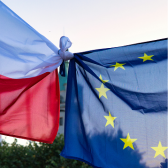
Monthly Magazine
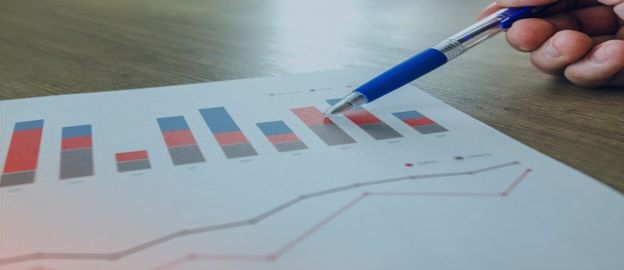
How is the structure of electricity production in Poland changing? What emissions are involved? How are raw material prices evolving? Here is a summary of the most important data from the electricity industry. Updated monthly.
Read More
Monthly Magazine
How is the structure of electricity production in Poland changing? What emissions are involved? How are raw material prices evolving? Here is a summary of the most important data from the electricity industry. Updated monthly.

Anatomy of Dependence: How to Eliminate Rosatom from Europe

EU countries depend on cooperation with Russia in the nuclear field. This has resulted in Rosatom not being sanctioned after the Russian full-scale invasion of Ukraine, and trade in this sector is growing. This situation is disadvantageous for the EU and increases its vulnerability to Russian blackmail. Moreover, it strengthens the Russian military. The EU should increase its efforts to diversify supplies and build its own capabilities in the nuclear sector.
Read More
Anatomy of Dependence: How to Eliminate Rosatom from Europe
EU countries depend on cooperation with Russia in the nuclear field. This has resulted in Rosatom not being sanctioned after the Russian full-scale invasion of Ukraine, and trade in this sector is growing. This situation is disadvantageous for the EU and increases its vulnerability to Russian blackmail. Moreover, it strengthens the Russian military. The EU should increase its efforts to diversify supplies and build its own capabilities in the nuclear sector.

The electricity system needs heating sector
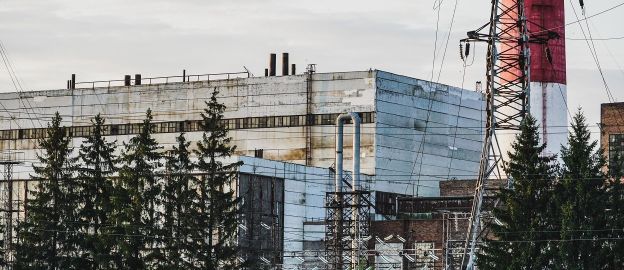
The National Power System (NPS) will face new challenges. These include the uninterrupted supply of energy to consumers when the oldest and most emission-intensive generating units are phased out, but also the efficient use of variable RES sources. District heating may be the key to solving NPS problems. In peak demand of the NPS, additional energy can be provided by cogeneration units, in times of surplus energy in the system - it can be absorbed by electric boilers producing cheap heat. The operation of CHP units can also improve the performance of electricity grids.
Read More
The electricity system needs heating sector
The National Power System (NPS) will face new challenges. These include the uninterrupted supply of energy to consumers when the oldest and most emission-intensive generating units are phased out, but also the efficient use of variable RES sources. District heating may be the key to solving NPS problems. In peak demand of the NPS, additional energy can be provided by cogeneration units, in times of surplus energy in the system - it can be absorbed by electric boilers producing cheap heat. The operation of CHP units can also improve the performance of electricity grids.

Billions of Euros for LNG and LPG still flowing from the EU to Russia
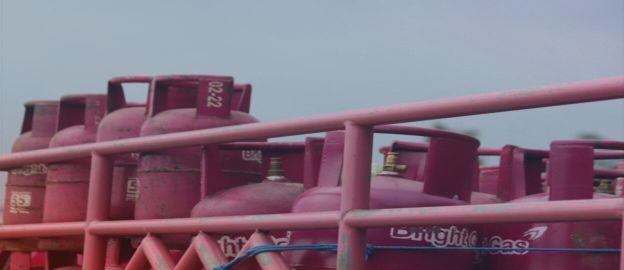
The EU embargo on Russian fuels did not extend to natural gas (including LNG, liquefied natural gas) or LPG (liquefied petroleum gas). In 2022 alone, EU countries paid as much as 16 billion euros for Russian LNG, a record high. Poland did not import any LNG from Russia, however it is the largest importer of LPG in the entire EU. In 2022, Poland spent about 700 million euros on Russian LPG. In this article, Forum Energii will explain how to close the loopholes in the EU embargo on Russian resources to finally eliminate them from the EU market.
Read More
Billions of Euros for LNG and LPG still flowing from the EU to Russia
The EU embargo on Russian fuels did not extend to natural gas (including LNG, liquefied natural gas) or LPG (liquefied petroleum gas). In 2022 alone, EU countries paid as much as 16 billion euros for Russian LNG, a record high. Poland did not import any LNG from Russia, however it is the largest importer of LPG in the entire EU. In 2022, Poland spent about 700 million euros on Russian LPG. In this article, Forum Energii will explain how to close the loopholes in the EU embargo on Russian resources to finally eliminate them from the EU market.
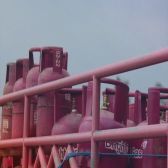
Russian oil disappearing from Europe

In 2021, about a quarter of the oil used in the EU, about €48 billion worth in total, came from Russia. The invasion of Ukraine prompted EU countries to impose sanctions on this commodity. However, the sanctions contain loopholes that have made Poland the EU’s largest importer of Russian oil. While sealing the sanctions regime is possible, electrification of transportation will in the long run safeguard against the risk of replacing dependence on Russia with dependence on other petrostates.
Read More
Russian oil disappearing from Europe
In 2021, about a quarter of the oil used in the EU, about €48 billion worth in total, came from Russia. The invasion of Ukraine prompted EU countries to impose sanctions on this commodity. However, the sanctions contain loopholes that have made Poland the EU’s largest importer of Russian oil. While sealing the sanctions regime is possible, electrification of transportation will in the long run safeguard against the risk of replacing dependence on Russia with dependence on other petrostates.

Is the Kremlin turning off the gas tap? Time to exclude gas and coal from households
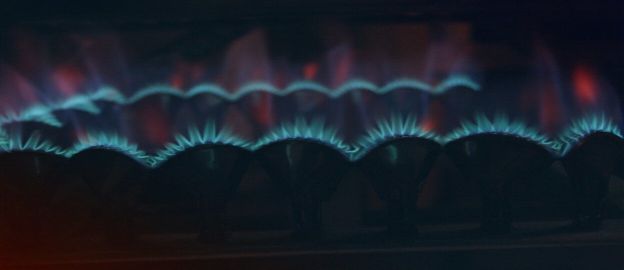
How to prepare households for an energy war with Russia? Gazprom is suspending gas supplies to Poland under the Yamal contract. This is no great surprise. At the end of this year, Poland was going to give up buying Russian gas anyway. Physically, there is unlikely to be a shortage of gas, but Poland is entering a period of high prices, which will limit the use of this raw material. The role of the state should be to wisely support society in smoothly passing through the crisis. Without reducing demand in sectors where it is possible, this will be difficult.
Read More
Is the Kremlin turning off the gas tap? Time to exclude gas and coal from households
How to prepare households for an energy war with Russia? Gazprom is suspending gas supplies to Poland under the Yamal contract. This is no great surprise. At the end of this year, Poland was going to give up buying Russian gas anyway. Physically, there is unlikely to be a shortage of gas, but Poland is entering a period of high prices, which will limit the use of this raw material. The role of the state should be to wisely support society in smoothly passing through the crisis. Without reducing demand in sectors where it is possible, this will be difficult.

Poland has spent more than a trillion zloty (EUR 220 billion) on fossil fuel imports since 2000
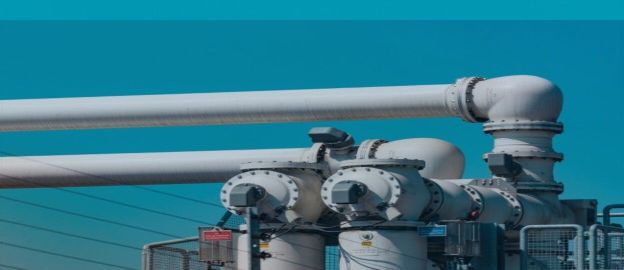
In recent months, rising energy prices have caused panic among policymakers. Gas and coal prices on world markets are at record highs, and crude oil is also becoming more expensive. In addition, Poland has become one of the EU countries most dependent on fossil fuel imports.
Read More
Poland has spent more than a trillion zloty (EUR 220 billion) on fossil fuel imports since 2000
In recent months, rising energy prices have caused panic among policymakers. Gas and coal prices on world markets are at record highs, and crude oil is also becoming more expensive. In addition, Poland has become one of the EU countries most dependent on fossil fuel imports.
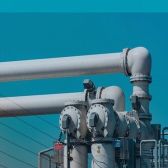
The purpose of the EU-ETS and its pending reforms

Since the beginning of the year, CO2 emission allowance prices have risen by 70%, from EUR 30 to over EUR 50 per tonne. The rate of this increase has again triggered discussion in Poland on the purpose of the Emissions Trading System’s (EU-ETS) existence. Meanwhile, the EU discussion on the ETS, which is due to begin shortly, will not be about whether to abolish the system, but how to reform it so that the EU can achieve its decarbonization goals. Carbon pricing will be the most important tool for achieving the EU's 55% emissions reduction target in 2030. In this text, we explain the system’s basic operational principles and highlight expected discussion topics and possible upcoming changes.
Read More
The purpose of the EU-ETS and its pending reforms
Since the beginning of the year, CO2 emission allowance prices have risen by 70%, from EUR 30 to over EUR 50 per tonne. The rate of this increase has again triggered discussion in Poland on the purpose of the Emissions Trading System’s (EU-ETS) existence. Meanwhile, the EU discussion on the ETS, which is due to begin shortly, will not be about whether to abolish the system, but how to reform it so that the EU can achieve its decarbonization goals. Carbon pricing will be the most important tool for achieving the EU's 55% emissions reduction target in 2030. In this text, we explain the system’s basic operational principles and highlight expected discussion topics and possible upcoming changes.
